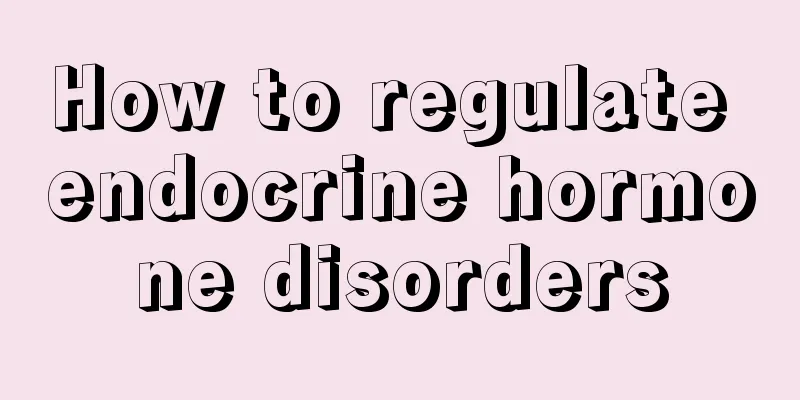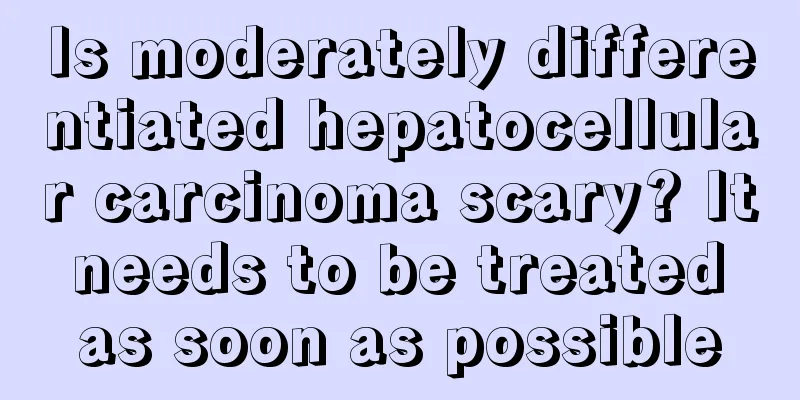What should you not eat after recovering from nasopharyngeal cancer and what should you pay attention to?

|
Like other common diseases, patients with nasopharyngeal cancer also need to pay attention to diet and lifestyle habits. So, what should you not eat after recovering from nasopharyngeal cancer? What should you pay attention to in your daily life? What can't you eat after recovering from nasopharyngeal cancer? 1. Avoid smoking, drinking and spicy food. Avoid hot and dry food such as leek, onion, garlic, cinnamon and fried food when coughing up blood. 2. Avoid greasy food. 3. During radiotherapy, the salivary glands and mucous membranes are damaged by radiation, so you can eat cool and non-irritating food. 4. The temperature of the food should not be too hot. The meat should be chopped. 5. If you cannot swallow vegetables or fruits, you can squeeze them into juice and drink them. 6. Eat less hot foods such as red ginseng, longan, and mutton, otherwise it is easy to cause symptoms such as internal heat and nose bleeding. 7. In view of the reports that tea can offset radiation and ginseng can enhance the body's immune function, do not drink tea during radiotherapy. Instead, use white ginseng and American ginseng instead. What do you usually pay attention to? Tell patients and their families the importance of oral hygiene. Brush your teeth with a soft brush when you get up in the morning, before going to bed, and after meals, and rinse your mouth with clean water or saline before meals. Tell patients to rinse their mouths with 1% licorice solution when their mouths are dry, or to take Radix Ophiopogonis, Flos Lonicerae, and Radix Phellodendri. Practice opening your mouth to the maximum extent possible every day, and then practice chewing, puffing your cheeks, smiling, and holding your breath 5 to 6 times a day, 5 to 15 minutes a time. You can chew gum 3 to 5 times a day. Practice tongue extension, retraction, curling, etc. several times a day, and bend and rotate your head left and right. Move slowly and don't move too much. Inform patients and their families to continue the rehabilitation training they received during hospitalization after discharge. Maintain the integrity of the local skin. Tell patients and their families that the local skin still needs to be protected for at least one month after radiotherapy. |
<<: Symptoms of liver cancer pain
>>: Be careful that rhinitis may develop into nasopharyngeal cancer!
Recommend
Can an 80-year-old with bile duct cancer undergo surgery?
Whether an 80-year-old with bile duct cancer can ...
Is deafness a genetic disease?
Some babies are born without hearing and have no ...
What kind of physical condition is sub-health
As the pace of social life continues to accelerat...
What should I pay attention to in the late stage of nasopharyngeal carcinoma
What should we pay attention to in the late stage...
What is the cause of metastatic liver cancer? Introduction to 4 causes of metastatic liver cancer
Malignant tumors can directly infiltrate surround...
What are the examination items for small cell lung cancer?
Small cell lung cancer is a disease that most peo...
What are the nursing measures for esophageal cancer
The care of patients with esophageal cancer is ve...
Analysis of what melanoma is
Melanoma is a highly aggressive tumor that is mai...
Can I drink green juice before going to bed at night?
Can I drink green juice before going to bed at ni...
Seven situations where you should not drink soy milk. Patients undergoing surgery should try not to drink soy milk.
Soy milk is a nutritious drink popular among the ...
Are hemorrhoids harmful to the body?
As the saying goes, nine out of ten men have hemo...
Why can’t you wash your face with breast milk? It turns out there is such destructive power
Nowadays, we often hear the older generation aski...
How to check peritoneal metastasis of gastric cancer? Check these items
Metastasis of gastric cancer to the peritoneum is...
The magical effects of tea
Tea is very common in our daily life, and many pe...
When is Ghost Festival? You must remember this in the future
The so-called Ghost Festival usually refers to th...









